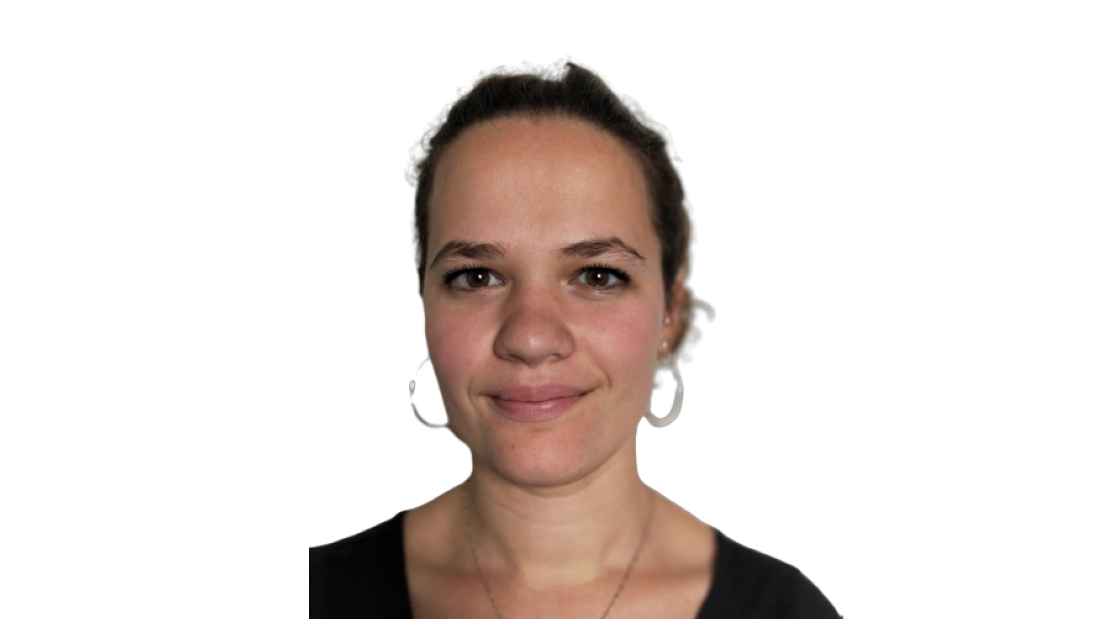
Female FPGA Engineer
Maëlle, a young female FPGA engineer, introduces to us her job of FPGA engineer.
ELSYS Design recruits in France in the area of FPGA. The offers can be found on its jobs board, where it is also possible to apply spontaneously.
Become and FPGA engineer
Can you introduce to us your educational background?
After my scientific French baccalaureate, I joined the INSA (National Institute of Applied Sciences) of Rennes. I followed an integrated preparation for two years, then I chose the specialty Systems and Networks of Communication. I studied electronics, signal processing and various other disciplines.
Why did you chose technical studies?
Becoming an engineer was not obvious for me, besides I know few people for which it is the case. In high school, we do not know what it means to be an engineer. On the other hand, I had an attraction for scientific topics, especially for maths and physics. It’s also because I wanted to stay in the scientific field, continue with general topics and not close doors that I joined a general engineering school. I did not really have a specific professional project. It was at INSA that I discovered all the specialties and made my choices according to the subjects that I liked the most.
How did you join ELSYS Design?
I did my end-of-study internship in FPGA design because during my studies it was what I liked the most. I did my internship in an SME in Rennes specialized in the design and marketing of transmitters / receivers for satellite or terrestrial television. I knew this company would not need FPGA recruitment once my internship was completed. This is one of my colleagues who spoke to me positively about ELSYS Design and his testimony made me want to know more. So I applied and I got a first interview in Rennes, then a second in Paris. The feeling went well and I joined the ELSYS Design Paris Design Center.
Why choosing FPGA
What attracted you to the field of FPGA?I do not know how to explain it, it’s one of the areas where I felt very at ease and where I took the most pleasure in group projects. In fact, what I particularly like about the FPGA is…